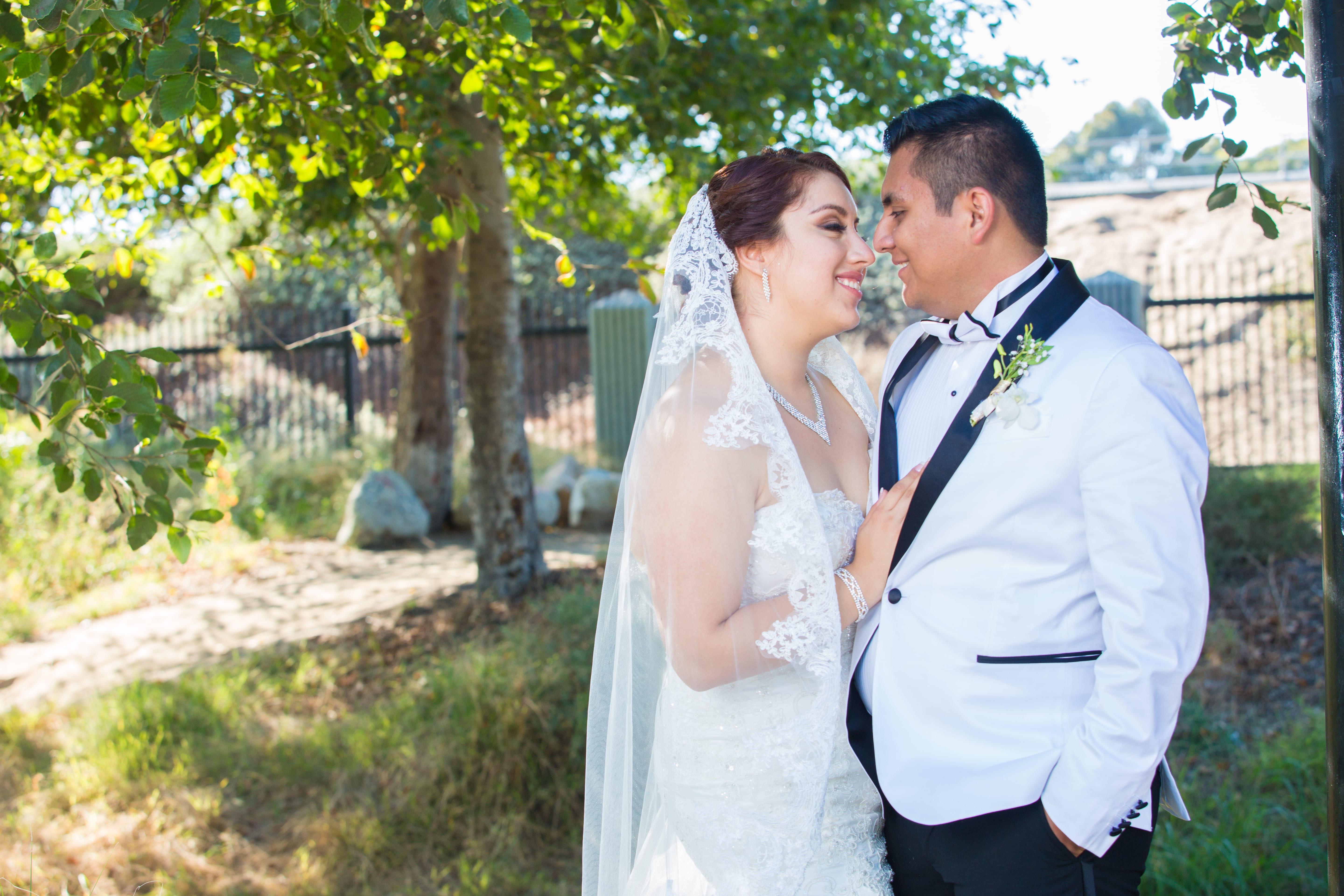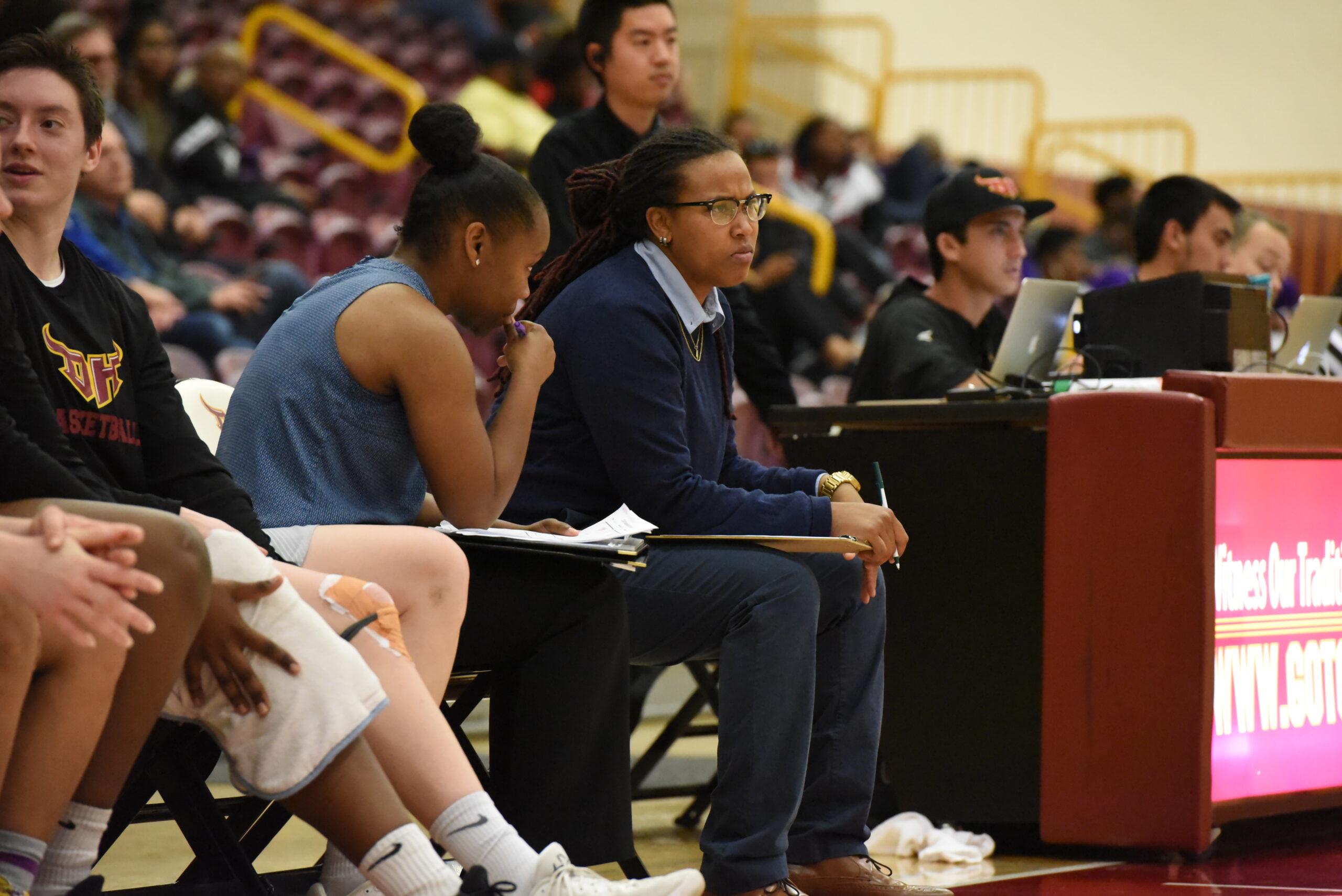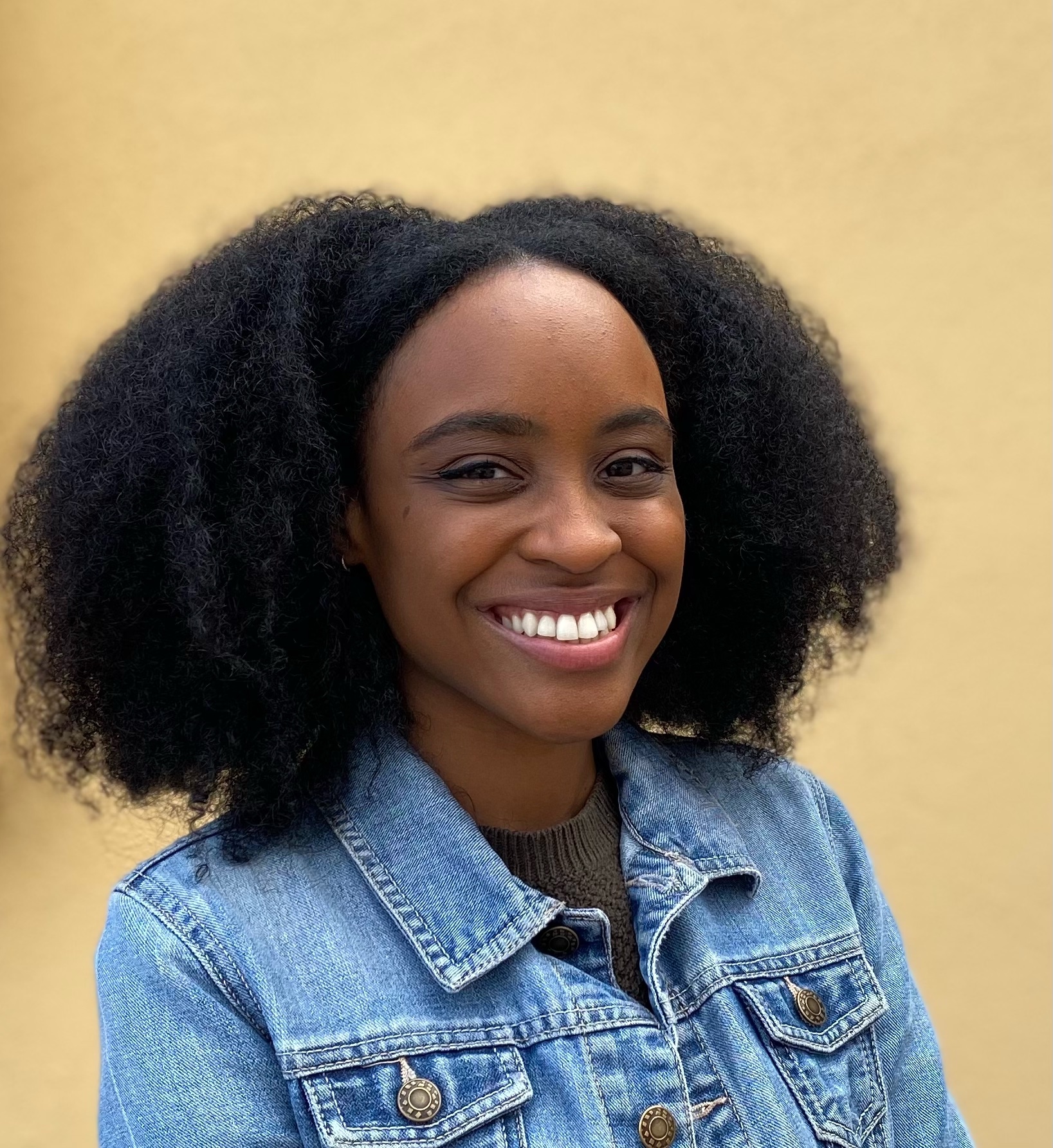Fernanda Comparan and her husband, Oscar Lomas are “Dreamers” who married for love in 2016. Photo courtesy of Maria Fernanda Comparan.
By Elizabeth Guillen
Staff Writer
Oscar Lomas and Maria Fernanda Comparan did not marry for money or to obtain a legal status; they married out of love. They married on Aug. 13, 2016, and it was the happiest day of their lives. They married even though they were encouraged by friends, classmates, and coworkers to not marry each other because they are “Dreamers.”
“Our families were very supportive, but I lost a few friendships because of this,” said Comparan. “My best friend told me I was making a stupid choice because according to her I was pretty enough to get with a guy that would give me a status in this country.”
Comparan said that she tried to explain to her friend why she was with Lomas.
“After I explained to her that my intention wasn’t to use anyone to stay in this country she got mad and decided not to talk to me.”
Both Comparan and Lomas were brought to the United States from Mexico when they were 1 and 10 years old, respectively.
They are two of the estimated 689,000 Deferred Action for Childhood Arrivals (DACA) recipients in the country, according to the U.S. Citizenship and Immigration Services.
DACA is a program that allows immigrants who were brought to the United States before they were 16, and who have clean criminal records, to work, attend school and pay taxes. In California, there are a total of 197,000 DACA recipients, also known as “Dreamers,” with an estimated 8,000 currently enrolled in California State Universities.
But DACA, and Dreamers such as Lomas and Comparan, is threatened. On Sept. 5, 2017 President Trump ended the DACA era. No new applications would be accepted and those
that were already in the program had to rush to renew their status.
In his State of the Union Address Jan. 30, President Trump didn’t mention DACA or Dreamers, but he did state that “Americans are Dreamers too.”
The San Diego Union-Tribune reported that this comment was met with harsh objections by an audience of San Diego “Dreamers”. This came as a blow to many Dreamers, including Comparan and Lomas. Both are enrolled at California State University, Dominguez Hills (CSUDH). Comparan is currently completing her major in child development and wants to be a teacher; her goal is to one day be a parent educator. Lomas is currently completing his major in computer science and eventually own his own business.
The call to end DACA has put them both at risk, and they said it was a further insult to an injury that they have weathered since being married. Both said that many times, instead of friends being supportive of their union, friends have criticized them for marrying another “Dreamer” and keeping their undocumented status, instead of marrying a United States citizen and giving them an opportunity for a pathway to citizenship.
Comparan was brought to the U.S. from Michoacán, Mexico when she was 1 years old.
Lomas was brought to the U.S. from Sonora, Mexico when he was 10. Comparan and Lomas met at Bell Gardens Intermediate school in the city of Bell Gardens and they both held an AB540 status. When they started dating in their senior year in high school it seemed like everyone was supportive and happy for them; that is until their friends started to realize their relationship moved beyond just dating.
Once they decided to get married, Comparan said her friends once again reminded her that she was marrying someone who would not be able to give her a legal status in this country.
“Friends again reminded me that I was making the wrong choice,” she said. “Since I was already going to college and marrying a citizen was a perfect opportunity to obtain a status and struggle less.”
Comparan said she has never cared what criticisms she has received for marrying another “Dreamer,” but the loss of her friends did hurt. She finds it hurtful that people are still constantly reminding her that she could have possibly already obtained a legal status if she would have married a citizen.
“There are people like co-workers, friends, classmates that tell me I wouldn’t be struggling or worrying right now if I married someone that wasn’t a Dreamer and that I would already be a resident since I have been married for a year and a half,” said Comparan.
When asked why she chose to marry another “Dreamer” even when there were plenty of people pushing her not to do it, Comparan said: “I didn’t marry to obtain anything from anyone but to be happy and share my life with someone that compliments me. I have never doubted that I made the right choice. I am happy and even though there are a lot of immigration changes going on right now I know that my hard work and dedication will eventually pay off.”
Comparan said that if they are deported from the country because of immigration reform, they would find a home in a state in Mexico and find a career in a related field to what they have been studying. They would not go to their home state because of the increased violence in both states and instead find a new life in a state that does not have as much violence.
Other than their legal status, Comparan and Lomas seem like an ideal young couple.
They enjoy cooking together, dancing, visiting museums, hiking, and shopping together. Yet, while their future should be as bright as any other young married couple, grey clouds loom on the horizon.
In an effort to help and support Dreamers such as Comparan and Lomas, CSUDH has created the Toro Dreamer Success Center, a space for students currently enrolled who can find aid and information on any questions they may have. For more information, visit csudh.edu/dream-center/.


